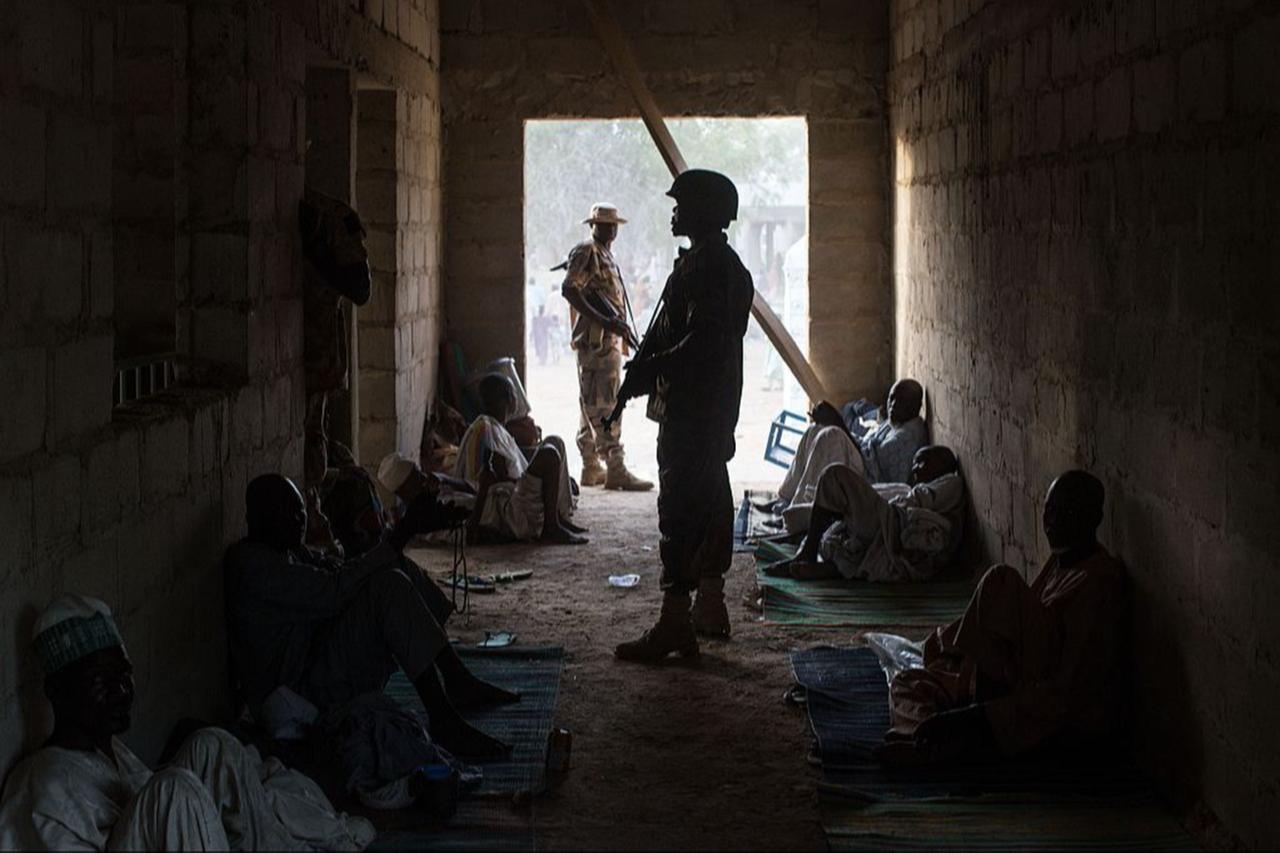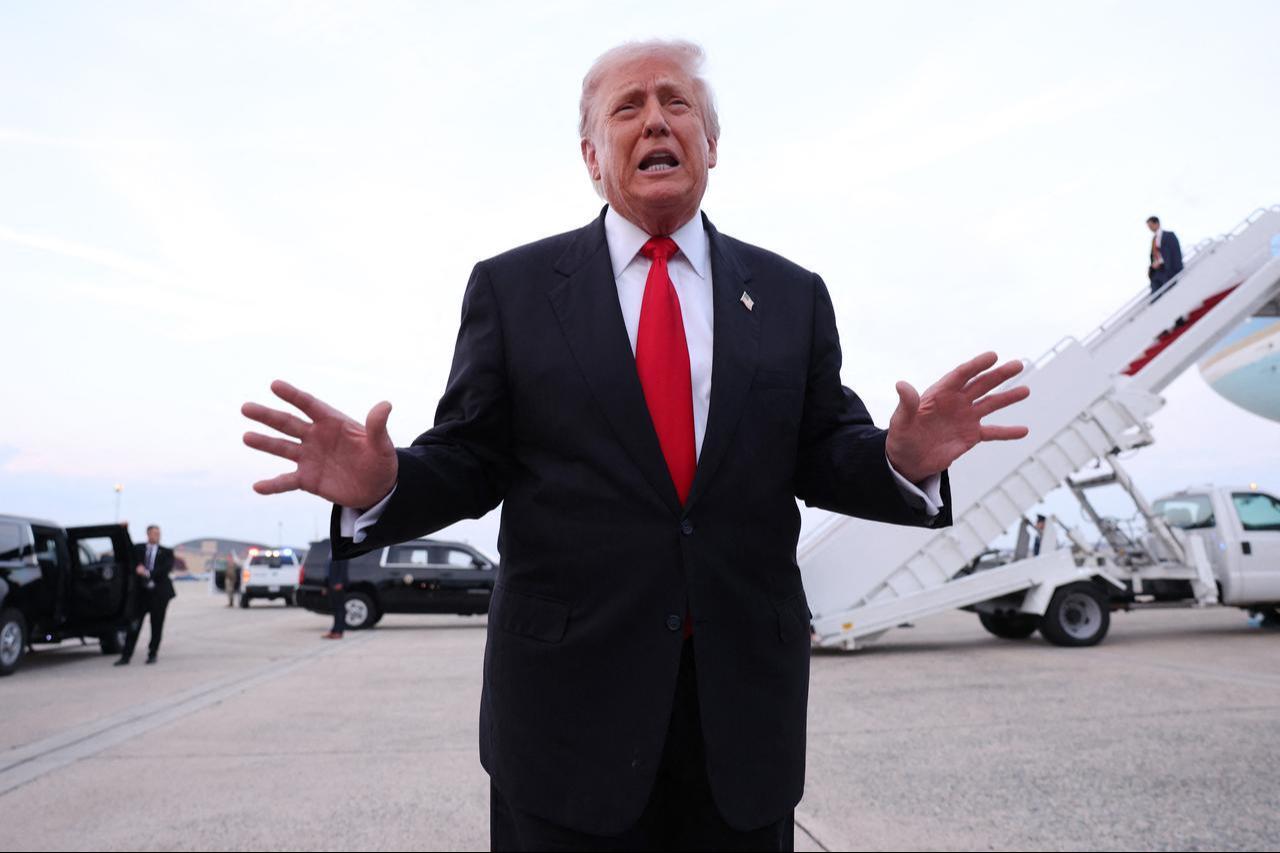
Nigeria’s Supreme Council for Islamic Affairs (NSCIA) has rejected U.S. allegations of genocide against Christians in the country, saying that ongoing security challenges stem from poverty, poor governance, and armed crime rather than religion.
Speaking after a committee meeting at the National Mosque in Abuja, NSCIA Secretary-General Professor Ishaq Oloyede stated that labeling Nigeria as a country of "particular concern" for religious persecution was misleading.
He urged Washington to offer intelligence and logistical support in counterterrorism instead of, in his words, "demeaning an ally and friendly nation."
Oloyede cautioned that U.S. President Donald Trump’s remarks could undermine Nigeria’s stability, stressing that "there is no genocide against Christians or Muslims." He added that both faith groups face similar threats from terrorism and insecurity across the country.
The council’s response comes amid renewed violence in Nigeria’s northeast, where rival armed factions—Boko Haram and the Daesh-affiliated militant group in West Africa Province—have been fighting for control around Lake Chad.
According to intelligence and militia sources cited by Agence France-Presse (AFP), recent clashes between the two groups left about 200 ISWAP fighters dead, making it one of the bloodiest confrontations between the factions since their split in 2016.
Both groups have waged a long-running insurgency in the Lake Chad Basin, an area spanning Nigeria, Niger, Chad, and Cameroon.
The region serves as a refuge and revenue source for militants, who fund their operations through fishing, farming, and trade. Since 2009, the conflict has killed more than 40,000 people and displaced around two million people in northeastern Nigeria.
Trump had announced on his Truth Social account on Oct. 31 that Nigeria would be classified as a "country of particular concern" due to alleged "massacres of Christians." He later warned that U.S. aid could be suspended and hinted at possible military action against Nigeria.

In response, Nigerian President Bola Ahmed Tinubu said his country "does not tolerate religious persecution," describing Nigeria as a democracy governed by constitutional guarantees of religious freedom.
He highlighted that since 2023, the government has maintained "open and active dialogue" with both Christian and Muslim leaders to address security issues affecting all citizens equally.
Tinubu reiterated that Nigeria’s commitment to religious tolerance forms part of its national identity, adding that the constitution protects the rights of citizens from all faiths and regions.
The Economic Community of West African States (ECOWAS) also criticized suggestions that terrorist groups in the region specifically target Christians.
The organization noted that militant attacks in West Africa have indiscriminately claimed the lives of Muslims, Christians, and adherents of other faiths, underlining that the violence is not religiously motivated but driven by broader instability and armed extremism.